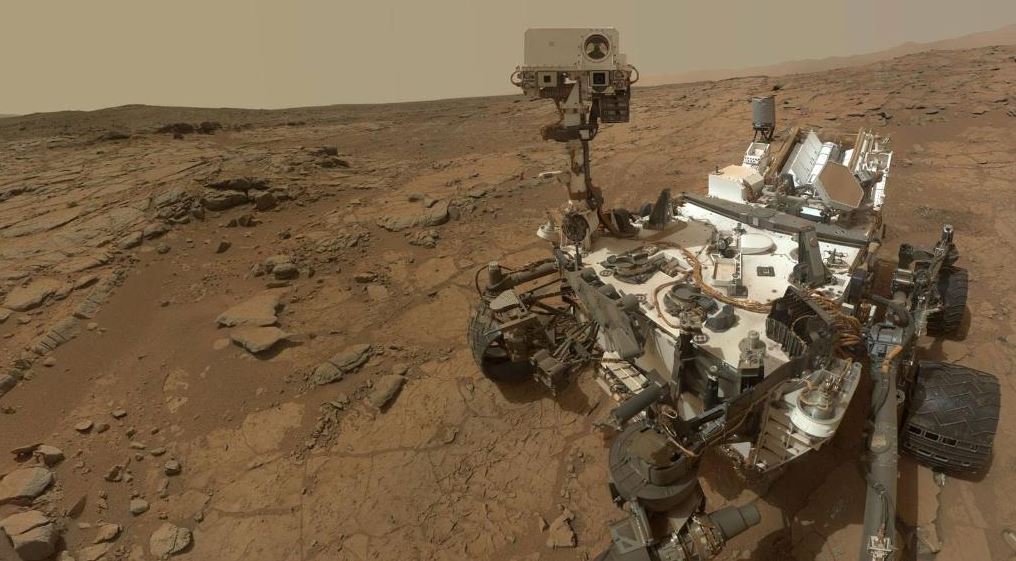Drilling by Curiosity Mars rover at a region of the Red Planet called the “clay-bearing unit” has revealed the highest amounts of clay minerals ever found during the mission, NASA has said.

The rover recently drilled two samples at rock targets called “Aberlady” and “Kilmarie”, the US space agency revealed on Wednesday.
Clay often forms in water, which is essential for life. Other than proof that there was a significant amount of water once, what these new findings mean for the region is still up for debate.
It is likely that the rocks in the area formed as layers of mud in ancient lakes – something Curiosity also found lower on Mount Sharp mountain on Mars.
Water interacted with sediment over time, leaving an abundance of clay in the rocks there, NASA said.
This clay-enriched region is located on the side of lower Mount Sharp.
The rover’s mineralogy instrument, called CheMin (Chemistry and Mineralogy), provided the first analyses of rock samples drilled in the clay-bearing unit, NASA said.
